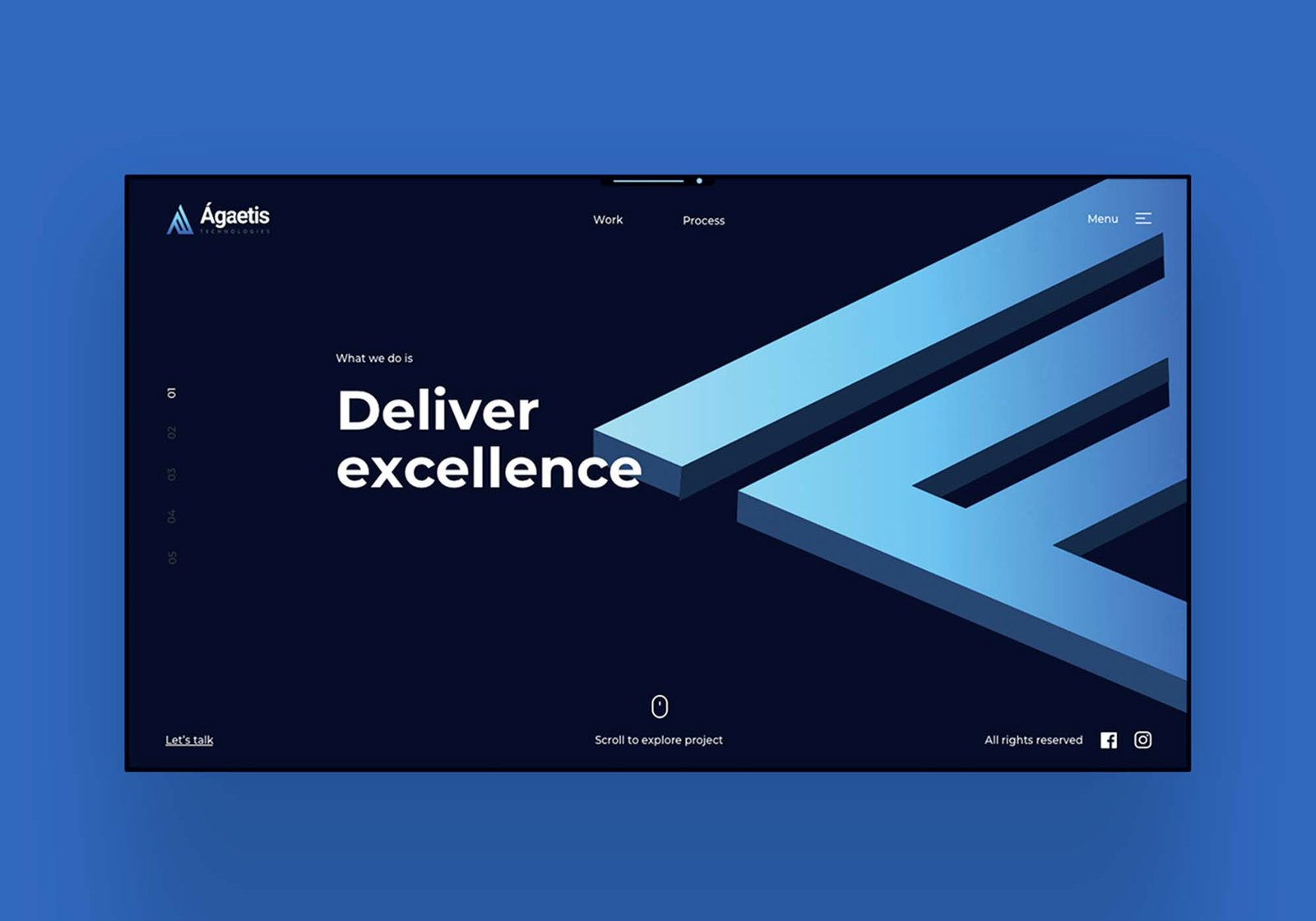In today’s digital age, the art of web design has become an indispensable skill with an ever-increasing demand for skilled professionals who can craft visually appealing and user-friendly websites. Whether you’re just beginning your web design studies or looking to enhance your skills, this article provides a comprehensive guide on how to excel in web design through efficient study techniques.
As we explore effective study strategies, you’ll find valuable insights that can help you on your path to becoming a proficient web designer, including a helpful “topresume.com review” of study strategies.
1. Setting the web design foundation
Every skyscraper needs a solid foundation, and web design is no different. For beginners, it’s essential to start with the basics. HTML and CSS are the foundational languages of web design. Websites are built on these languages, making them indispensable for any aspiring web designer. To get started, there are numerous online resources and courses available that cater specifically to beginners, providing step-by-step guidance on learning these essential languages.
2. Understanding user experience (UX) design
A crucial aspect of the art of web design is ensuring an exceptional user experience (UX). This involves creating websites that are not only visually appealing but also easy to navigate and interact with. Understanding the principles of effective UX design, including usability, accessibility, and user research, is paramount. Study materials, articles, and real-world examples of websites with outstanding UX design can help you grasp these concepts and apply them to your projects.

3. Responsive web design
In an era where users access websites on a wide range of devices, the art of responsive web design has become a standard practice. Learning how to create high-converting responsive designs for websites that adapt to different screen sizes and devices is essential for a modern web designer. There are various techniques and tools available to master responsive design, making it crucial to include this aspect in your study plan.
4. Learning visual design principles
Web design is as much about aesthetics as it is about functionality. To create visually appealing websites, you need to understand key visual design principles. This includes mastering layout, typography, color theory, and image selection. These design elements play a significant role in crafting a website’s visual identity. By studying and practicing these principles, you’ll be better equipped to create stunning and engaging web designs.
5. Coding and web design skills
While web designers don’t need to be full-fledged developers, having coding skills is a significant advantage. Languages like JavaScript and frameworks like jQuery and Bootstrap can enhance your ability to create interactive and dynamic web elements. There are coding practice platforms and interactive tutorials available online that cater to beginners and those looking to deepen their coding expertise. Incorporating coding practice into your study routine can set you apart in the web design field.

6. Practice projects and portfolio building
One of the most effective ways to learn web design is through practice projects. Apply the concepts and skills you’ve learned by working on real-world projects, even if they’re personal or mock assignments. Building a professional portfolio is equally crucial. It serves as a showcase of your best work and demonstrates your capabilities to potential clients or employers. Regularly updating and improving your portfolio is an ongoing aspect of your web design journey. For instance, in estate agent website design, you’d want to constantly update your listings.
7. Web design time management
Web design studies often involve coursework, project deadlines, and self-paced learning. Effective time management is key to balancing these demands. Techniques like the Pomodoro Technique, which breaks study time into focused intervals, and active learning, which involves summarizing and teaching concepts, can improve your study efficiency. Numerous productivity tools and apps are available to help you stay organized and on track.
8. Seeking web design feedback and collaboration
Don’t shy away from seeking feedback on your design projects. Constructive critique from peers or mentors can help you identify areas for improvement and refine your skills. Collaboration with others in the field is also valuable. Online communities and forums provide platforms for connecting with fellow designers, sharing insights, and learning from their experiences.

9. Staying updated with web design trends
Web design is a dynamic field, with trends and technologies constantly evolving. Staying current is essential for success. Explore industry-specific websites, blogs, and attend web design conferences to keep up with the latest developments. Reading lists and influential books in the field can also provide valuable insights. Incorporating the study of current trends into your routine ensures that your skills remain relevant in a competitive market.
10. Overcoming web design challenges
Challenges are part of any learning journey, and web design is no exception. Creative blocks, technical hurdles, and tight deadlines may present obstacles along the way. However, learning strategies for problem-solving and seeking assistance when needed will empower you to overcome these challenges. It’s worth noting that many successful web designers have faced and conquered similar obstacles on their path to success.
Have you started your web design journey?
Mastering web design is a rewarding journey that requires dedication, practice, and effective study strategies. By setting a strong foundation, understanding UX design, embracing responsive web design, mastering visual design principles, and continuously learning, you can excel in this dynamic field.
Remember, it’s not just about creating visually appealing websites; it’s about creating user-centric and functional digital experiences. Use this research proposal help of study strategies as your roadmap to success in the world of web design. Your dedication to learning and improving your skills will set you on a path to becoming a skilled and sought-after web designer.

